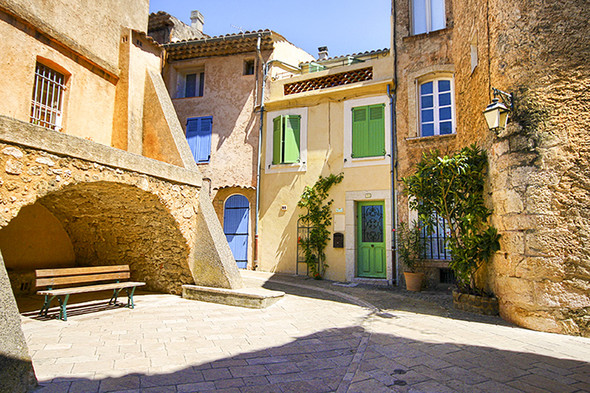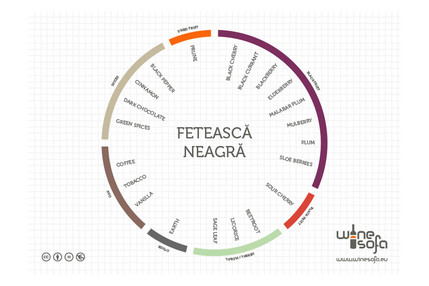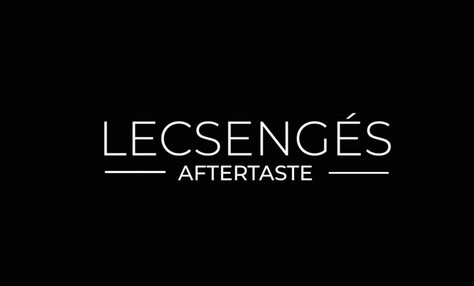There was never any more inception than there is now,
Nor any more youth or age than there is now,
And will never be any more perfection than there is now,
Nor any more heaven or hell than there is now.
Quia non sumus esse volumus et quia esse volumus non sumus. For accuracy's sake, the concept of volition itself may be challenged on occasion, being distinctively human and therefore excluding other forms of life; and why indeed would this be less true of a pigeon, a petal or a crack in the wall. If the focus were a city, the scene of existence, perhaps even that would be true to facts. The city certainly exists, all the dark streets and their stone-smashed lamps attest its living, breathing self, as do the people in the street and the dogs in the park. It must have started off an unremarkable village, then the imperious Greek sailors put up a city wall, and houses clung together like clumps of dirt in a swallow's nest. Later the wall was immortalized in solid marble, which of course fell long before eternity, though somewhat outlasted by the name of its erector, which was of course also forgotten in due time. One can't expect the world to keep everything in living memory. Old streets were rerouted, people made their way in new directions, only the city gates remained to point the main roadways toward the four corners of the compass, toward empires where books arrived from, and sometimes soldiers too, to burn the books. If one took the time for a thorough study of the town's plum-shaped, flagstoned main square where eclectic architecture and a Hausmann replica of a Parisian palace are in modern combat pitted against a row of old Venetian-style ocher yellow apartment blocks, rundown and reeking of catpiss: one might notice among the historical rubble the beginning of this story. Starting out on this point of entry wouldn't lead one out of the labyrinth however, oh no; it would lead right into the thick of it, to the single point of origin where everything began. There is a fountain in the center of the plaza, its water froths and smells of antiseptic, its stonework carved of foreign rock. Half the engravings are vague figures with no distinguishing features, molded into the formless mass of life and waiting to have someone retell their story, but with nobody left to remember them, their rebirth is perpetually suspended. The kings were the first to wear away, then the gods eroded, while the shepherds and their sheep hung on the longest, to the grave satisfaction of the ancients as well as amending a long-disrupted balance. Boris laughs, remembering having read somewhere about a similar fountain in a Georgian small town, spewing clear brandy for a full fifteen minutes every week, spurting skyward from the lips of a vengeful Zeus and giving tourists an the eyeful of moonshine as they stand around lamely grinning and shooting their pictures. Only at home will they realize that brandy, transparent as water, simply won't show on their photos and will be lost forever, smell and aroma and all, without a shot glass held beneath the heavenly tap. Madness. The whole thing's madness.
"Flowing out like endless rain into a paper cup / They slither wildly as they slip away across the universe", Boris sings to himself as he found a seat at the café, with a view on the fountain. In a bout of cynical mirth he ordered coffee and grappa, peach brandy was all they stocked here so it'll just have to do. Leaning back to catch some sun on his face, he narrowed his eyes and watched the water sparkle in the sunlight, then shifted to ogle the women passers-by, finally coming to rest on palm tree shadows mottling the flagstones. The coffee was thick with grounds, so he added water the way his grandfather always had. Picturing the old man before him, a tall man with a permanent five-o'clock shadow, full deep voice, antique Macedonian features, salt-and-pepper hair. The aroma of tobacco and aftershave lingered around him, a distinctive mark of his masculinity, of someone strong and purposeful. When he took coffee, ha wanted it black with grounds, Turkish style, with cold water and lots of sugar, sometimes laced with cardamom, mostly on sultry summer days when the asphalt melted on village streets and the air above the pale green hills vibrated heat, when even the cicadas shut up and holed up, he would sip his coffee and recounting Demetrius of Phalerum's story in a raucous voice that scratched at the ear like sandpaper. His harsh voice only yielded once King Cassandros had founded the city named for Thessalonike, at which point his eyes would water and cloud, but if it was for the city or the woman was a mystery he took with him. Boris sipped the peach brandy, having missed the chance to spike his coffee as he'd intended. The men at the next table were drinking raki with water and smoking the foul local tobacco, emanating an odor of wed woodsmoke and burnt incense and blinding white heat. The fountain was the wellspring, the opening chapter of the long here and now, and he kept on staring at it until he shut his aching eyes and tried to picture the people who had once quarried this massive slab of marble and hauled it here to the back of beyond on board some ship, heaved it ashore and finding a skilled enough artisan to carve it to their own artistic satisfaction as well as their patron's, each hoodwinking the other for while the patron saw his own image in the face of Zeus, the sculptor actually carved his features on the pox-stricken beggarman dying on the northern face of the fountain, ten inches above the ground.






